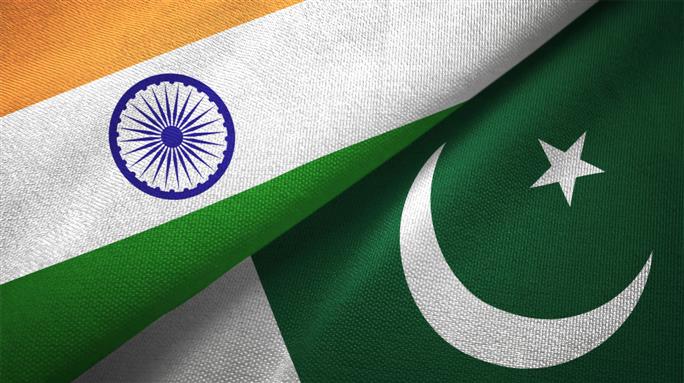Islamabad: India never halted trade relations with Pakistan and wants to normalise business ties, according to a senior Indian diplomat, who emphasised that modern diplomacy concentrates on tourism, trade, and technology because “money speaks its own language.”
The Dawn newspaper reported that Suresh Kumar, India’s Deputy High Commissioner to Pakistan, made these remarks at the Lahore Chamber of Commerce and Industry (LCCI) on Friday.
“Because we cannot alter our geography, India always seeks better relations with Pakistan,” he explained.
We desire to establish normal relations with Pakistan. We did not halt commerce with Pakistan, as it was Pakistan that took that action,” he said.
Mr. Kumar stated, “It would be preferable if we could alter our problems and situations.”
Pakistan suspended bilateral commerce with India in 2019 and expelled its High Commissioner in Islamabad after New Delhi revoked Jammu and Kashmir’s special status.
India has maintained that it desires normal neighbourly relations with Pakistan, while insisting that Islamabad is responsible for creating an environment free of terrorism and hostility conducive to such a relationship.
According to available data, trade with Pakistan reached $329.26 million in 2020-21 and $830.58 million in 2019-20.
During the Covid pandemic, he acknowledged that the number of visas issued by the Indian embassy to Pakistanis decreased. However, he insisted that the number has increased, citing the fact that 30,000 visas are issued annually as a “huge number.”
Mr. Kumar stated that the Indian government also issued Pakistanis medical and athletic visas.
He stated that the days of diplomacy focusing on the compilation of political reports were over. He stated that modern diplomacy revolves around tourism, commerce, and technology because “money speaks its own language.”
Also read: “All Life Is Sacred”: A US State Bans Abortion Pills As Part Of A Pro-Life Effort
Currently, India trades USD 120 billion with China, with a trade balance in China’s favor, he said, emphasising that imports “are not always wrong and also have their benefits.”
Mr. Kumar stated that intellectual property has surpassed physical property in importance. “By residing in distant countries and manufacturing in others, Europe profits from intellectual property rights,” he explained. Universities in Europe place an emphasis on technology. He stated that transit commerce was crucial because Central Asia was a large market and India required access to it. Likewise, Central Asia required access to India.
He asserted that India was on track to become one of the world’s largest economies. “Our service sector has expanded significantly, and we are now concentrating on manufacturing, such as automobile and electronics production,” he said.
According to Kashif Anwar, president of the LCCI, enhancing economic relations between India and Pakistan is a complex issue that necessitates resolving a variety of political, economic, and social factors.
“However, we believe that normalising trade relations is the most important measure that could be implemented to improve economic relations between India and Pakistan. This would provide substantial economic advantages to both nations, he stated.




